The Role and Objectives of the NDIS Quality and Safeguarding Framework
Established in response to the imperative need for robust quality and safety measures, the NDIS Quality and Safeguarding Framework ensures the well-being and rights of NDIS participants. Since its inception in 2016, the framework has been a cornerstone in the advancement of the National Disability Insurance Scheme (NDIS), aiming to equip participants with the power of choice and control while upholding national consistency. Currently supporting over 570,000 individuals, the NDIS ecosystem—an intricate tapestry of around 20,000 registered and 130,000 unregistered providers—must operate within the bounds of the framework to uphold the standards set forth by the National Disability Insurance Scheme Act 2013.
Challenges and Opportunities within the Current Framework
As the NDIS evolves, so does the scope of its Quality and Safeguarding Framework, addressing critical challenges like access to information, balancing safety with participant autonomy, and standardising service quality assessments. The ongoing review of the framework underscores a commitment to a system that remains fit for purpose, diligently integrating feedback from the disability sector. Meanwhile, the NDIS Commission, an independent body, enforces the framework's developmental, preventative, and corrective mechanisms, fortifying the infrastructure that protects the rights and well-being of every NDIS participant. Whether it's through the regulation of provider registration, the management of complaints, or the oversight of worker screening, the promise of safeguarding each individual's dignity and safety under the NDIS remains paramount.
The Role and Objectives of the NDIS Quality and Safeguarding Framework
The NDIS Quality and Safeguarding Framework serves as a pivotal structure to protect and promote the interests of NDIS participants. It seeks to maintain a balance between enabling individuals with disabilities to exercise greater autonomy over their care, while ensuring a dependable safety net is firmly in place. By fostering a culture of empowerment and informed choice, the framework paves the way for NDIS participants to thrive in environments that are both safe and conducive to personal growth.
A core element of the framework is the establishment of the NDIS Quality and Safeguards Commission, which acts as a guardian of the participant's rights. Through this body, an emphasis is placed on responsiveness to complaints and reports of abuse or neglect, ensuring swift actions to uphold the highest safety standards. The Commission is rooted in the principles of the NDIS, providing participants with the confidence to navigate the system as protected consumers, fully informed of their rights and the quality of services available to them.
Underpinning this protective shield are several integral components:
Registration and Verification: These processes ensure all NDIS providers meet the necessary requirements to deliver quality services, creating a more accountable system. This includes a compulsory verification process tailored to the type of supports and services offered.
Code of Conduct: This outlines the responsibilities and professional conduct expected from NDIS providers and workers, delineating the behaviors that align with maintaining participant well-being and rights.
Participant Rights: The framework solidifies the rights of NDIS participants, particularly in terms of selecting providers and services, which is central to their sense of control and choice within the scheme.
Regular Reporting and Review: Continuous evaluation of the framework's effectiveness ensures it adapts and responds to the changing needs of ndis participants, embodying a dynamic and resilient support system.
Central to the objectives of the NDIS Quality and Safeguarding Framework is the upholding of the rights of people with disabilities, a philosophy that extends to nurturing the ability of ndis participants to make informed decisions about their own care. This foundation assures NDIS participant well-being and rights are not just theoretical ideals but actionable mandates, actively shaping the quality and safeguarding landscape of disability services in Australia.
Challenges and Opportunities within the Current Framework
With the progressive evolution of the NDIS, there is an increasing awareness of the challenges embedded within the current Quality and Safeguarding Framework. As an initiative launched with profound potential, the framework has come under scrutiny for its complexities and the need for modernization. Established concerns include impediments such as the variety in access to safety and quality data – participants face difficulties in gauging the standards of service providers, underpinned by the intricate trade-off between safety measures and the autonomy of choice for ndis participants. Moreover, providers and workers within the NDIS are subject to a multitude of regulations, reflecting a spectrum of perspectives on the most effective practices to safeguard participant well-being and rights.
Seizing upon these challenges, the framework represents opportunities for growth and enhancement. The NDIS Quality and Safeguards Commission, serving as an independent agency, plays a crucial role in addressing these concerns. Their mandate includes management of complaints and oversight of reportable incidents, offering a layer of protection for ndis participants as they navigate the system. The commission empowers individuals to access high-quality services with the assurance of informed decisions and secure consumer rights.
Furthermore, the Independent Review of the NDIS underscores the commitment to recalibrating the framework to better serve its users. Key considerations include ensuring its relevance and utility, strengthening intergovernmental collaboration, and devising new, effective strategies to enhance safety and quality measures.
Organizations representing the disability sector, such as Occupational Therapy Australia, have reflected support for the retention and improvement of the framework. OTA advocates for augmentative measures that encompass:
Issue Referral: A more transparent and structured system for directing concerns to the appropriate channels.
Service Scope and Provider Qualifications: Clear guidelines demarcating the purview of services and requisite qualifications for providers to ensure reliable and qualified delivery of care.
Monitoring and Reporting: Implementation of a robust mechanism for monitoring and publicly reporting on NDIA's performance.
Alignment with Other Regulatory Schemes: Establishing congruence with external regulatory frameworks to eliminate discrepancies and foster uniform standards across different sectors.
Still, there are financial and procedural deterrents for smaller providers; registration costs and auditing requirements remain formidable, discouraging their engagement in the NDIS. This is compounded by a current lack of alignment with other frameworks, creating an overlapping and sometimes conflicting tapestry of regulations.
Despite the challenges, it remains unequivocal that maintaining a national framework for quality and safeguards is essential. This commitment acts as a bulwark, protecting ndis participants from potential harm or disadvantage due to disability, and ensuring that their inherent rights are entrenched and respected within the NDIS system. As the scrutiny of the current framework continues, identifying these opportunities and addressing the challenges head-on, Australia moves closer to an NDIS that unequivocally supports the well-being and rights of all participants.
Conclusion
In conclusion, the NDIS Quality and Safeguarding Framework stands as a guardian of the rights and well-being of NDIS participants, striving to strike the crucial balance between safety and individual autonomy. Through rigorous review and continuous evolution, the framework seeks not only to respond to the current challenges faced by participants and providers but also to harness opportunities for improvement, ensuring the NDIS remains responsive and fit for purpose. The significance of these ongoing efforts is to reinforce the NDIS's commitment to empowering those it serves, while steadfastly maintaining the integrity of the services offered within the scheme.
As we look to the future, the continuous refinement of the framework is fundamental to its success in providing secure and quality-assured services to NDIS participants. While the journey ahead will inevitably present fresh challenges, the collaborative dedication across sectors promises an NDIS that progressively augments participant well-being and rights, embodying a commitment to a society that truly values and supports all its members. The framework's enduring objectives underscore our communal aspiration: an inclusive system that not only sustains but celebrates the diversity and potential of people with disabilities.





